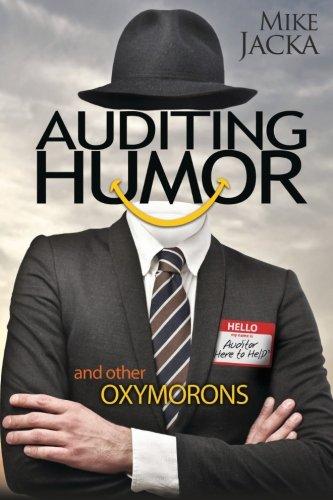Question
Appendix A. Model A : Cutting Stock Problem (CSP) Decora Accessories manufactures a variety of bathroom accessories, including decorative towel rods and shower curtain rods.
Appendix A. Model A: Cutting Stock Problem (CSP)
Decora Accessories manufactures a variety of bathroom accessories, including decorative towel rods and shower curtain rods. Each of the accessories includes a rod made out of stainless steel. However, many different lengths are needed: 12, 18, 30, 45, and 60. Decora purchases 60 rods from an outside supplier and then cuts the rods as needed for their products. Each 60 rod can be used to make a number of smaller rods. For example, a 60 rod could be used to make a 40 and an 18 rod (with 2 of waste), or 5 12 rods (with no waste), besides many other possible patterns. For the next production period, Decora needs 20 units of 12 rods, 50 units of 18 rods, 40 units of 30 rods, 30 units of 45 rods, and 12 units of 60 rods. What is the fewest number of 60 rods that can be purchased to meet their production needs? Formulate and solve an integer programming model in a spreadsheet.
Hints:
This is a costbenefit-trade-off problem. For each length of rod,the required benefit is obtaining the minimum number needed ofthose rods.
Each possible way of cutting a 60 rod will represent an activity.For example, a 60 rod can be cut into 5 12 rods, or 3 x 12rods and an 18 rod (with 6 scrap), or 2 x 30 rods, etc.
You will build a spreadsheet following the template for cost-benefit-trade-off problems.
The data for this problem are the total length of the uncut rods,the minimum number of each rod length required and, for eachpossible pattern of cutting a 60 rod, the number of each lengthrod created. There are many possible patterns of cutting a 60rod that either leave no scrap or an unusable piece of scrap (i.e.,less than 12).
The decisions to be made in this problem are how many rodsshould be cut into each of the possible patterns.
The goal is to minimize the total number of 60 (uncut) rods needed. The functional constraints in this problem require thatthe number of cut rods of each length must be at least theminimum number needed.
Given PatternQuantity as the decision variables, you can calculate the total number of each rod length produced inTotalProduced. For each rod length, the benefit achieved (thetotal number of that rod length cut) must be >=MinimumRequirement. Also, an integer number of each patternmust be cut. Therefore, you need to constrain the changing cellsto be integer.
Step by Step Solution
There are 3 Steps involved in it
Step: 1

Get Instant Access to Expert-Tailored Solutions
See step-by-step solutions with expert insights and AI powered tools for academic success
Step: 2

Step: 3

Ace Your Homework with AI
Get the answers you need in no time with our AI-driven, step-by-step assistance
Get Started


